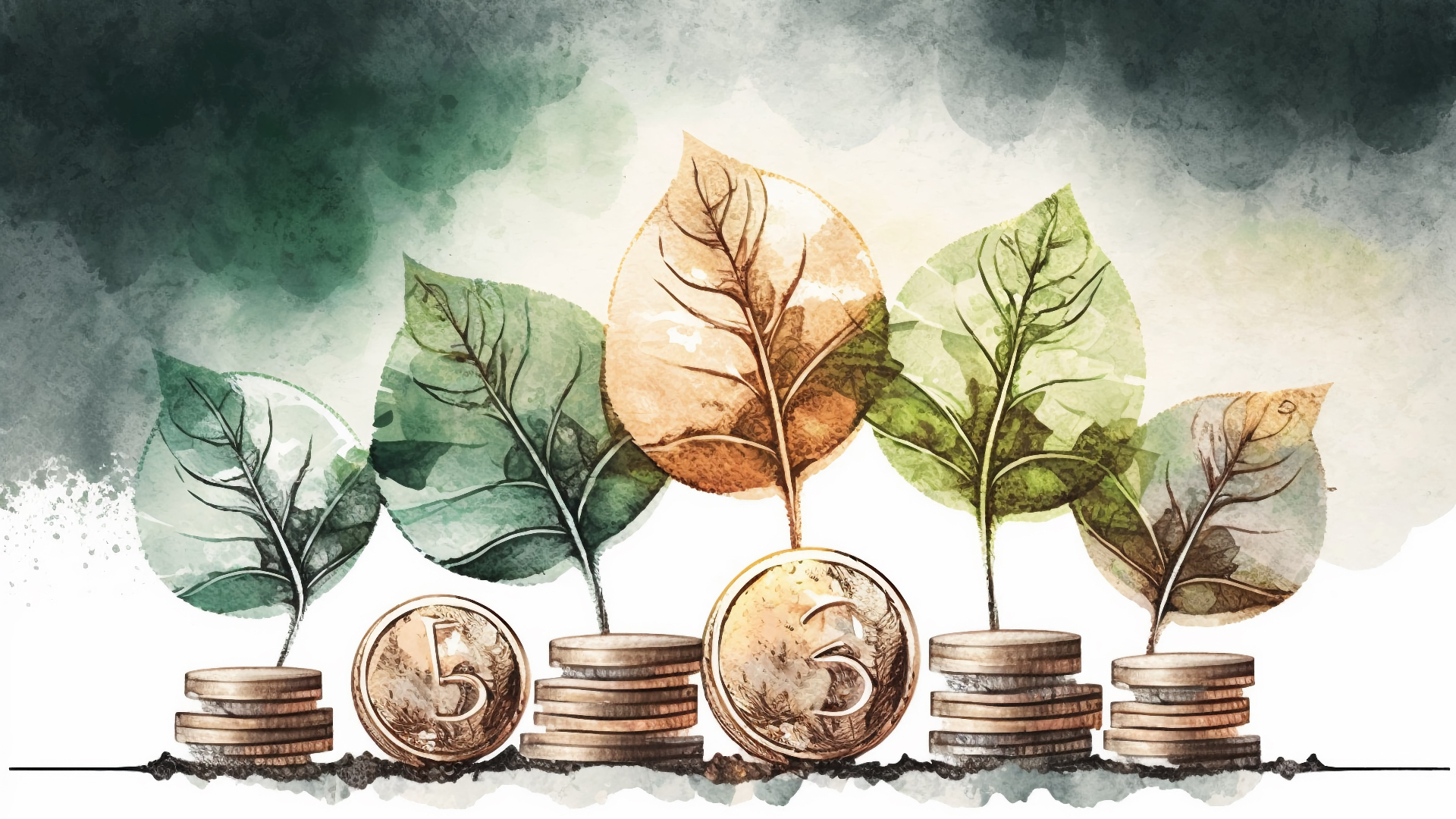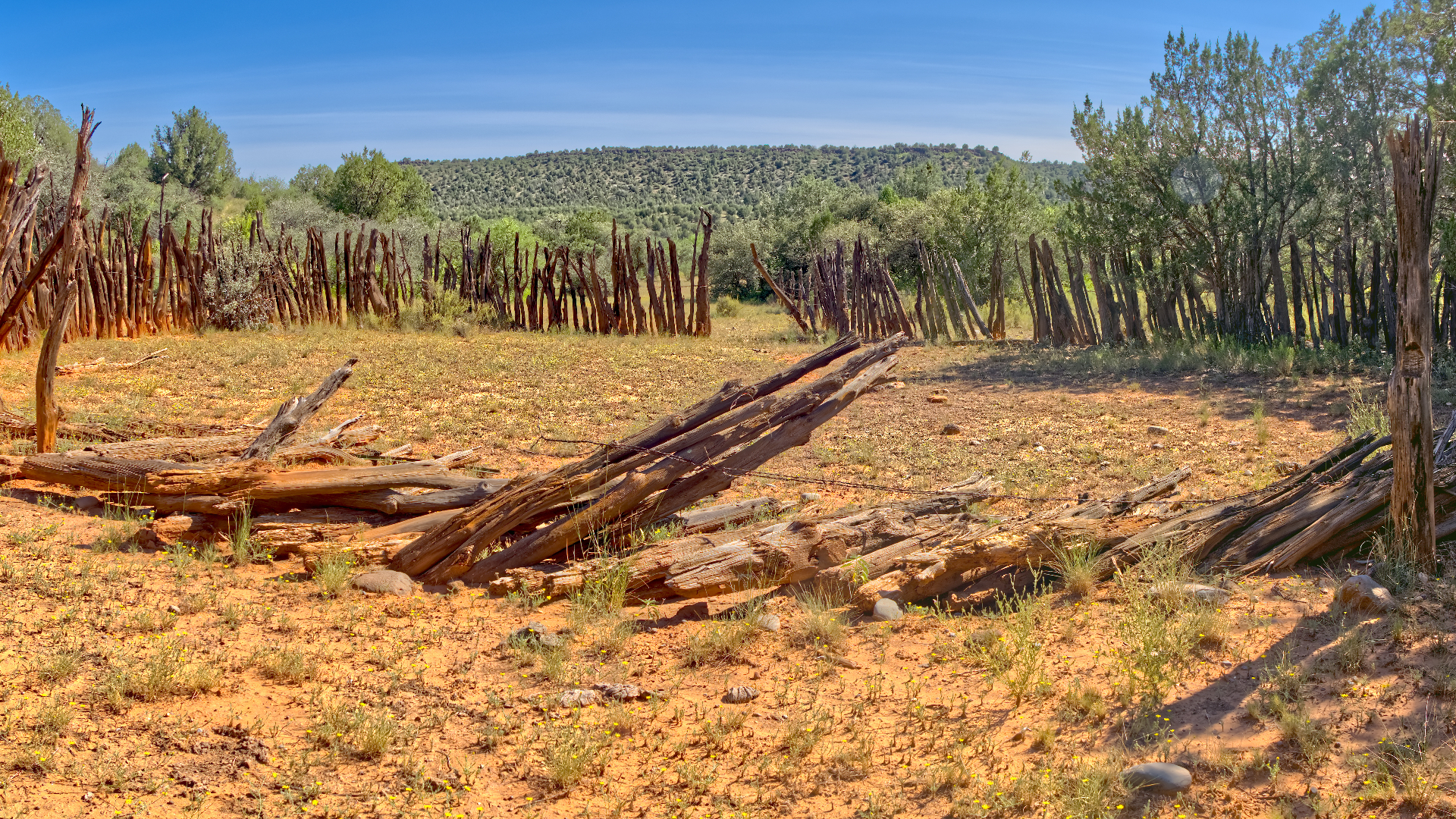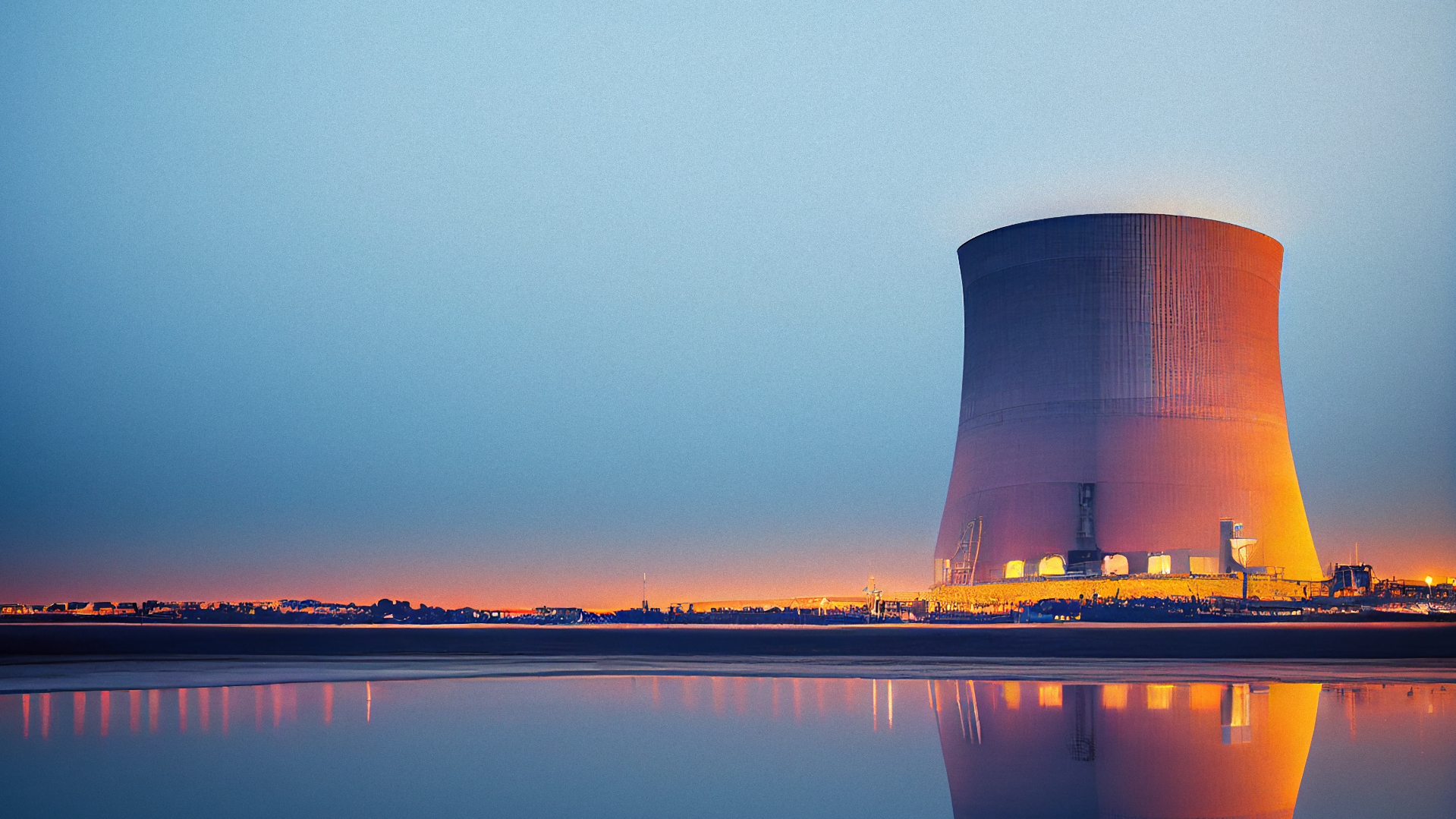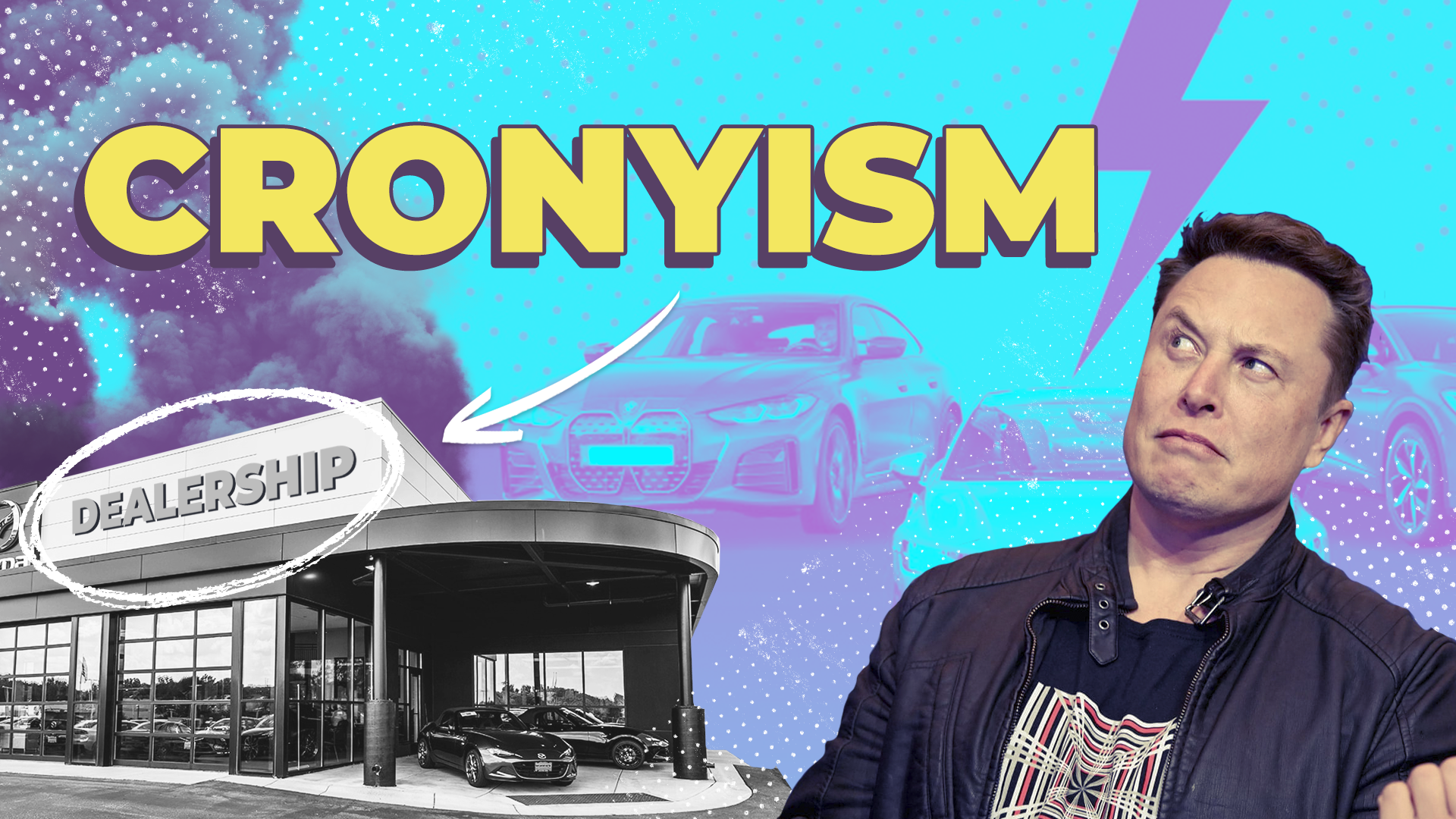Category:Environment


Crisis in Brazil: How You Can Help Flood-Stricken Rio Grande do Sul
May 6, 2024 | Post
Brazil finds itself in sorrow. Students For Liberty volunteers are leading rescue efforts, aiding displaced families. Support their vital work.

Sprouting Vegetables of Liberty
April 29, 2024 | Post
Students For Liberty Lisbon promotes sustainability, reduction of CO2 emissions, and liberty through partnership with a private vegetable garden.

How the Grace Richardson Fund is putting free-market environmentalism into action
January 17, 2024 | Post
The Grace Richardson Fund, a private foundation under the visionary leadership of President Rod Richardson, has been a trailblazer for free-market environmentalism

Tuvalu could become the world’s first digital country as it sinks into the ocean
December 18, 2023 | Post
Climate refugees, like those from Tuvalu, warrant equal consideration alongside other displaced populations.
Moreover, proponents of liberty should unequivocally support Tuvaluans’ desire to live where they choose to: their beautiful Pacific island home.

Here’s the reason mainstream environmentalist groups hate nuclear energy: they’re paid to
November 28, 2023 | Post
For decades, nuclear power has been shunned by mainstream environmentalism.
However, the Natural Resources Defense Council, a prominent environmentalist nonprofit, recently shut down its longstanding program dedicated to opposing the nuclear industry — and they’re not alone in this switch of priorities.
So, what is causing environmentalist groups to run out of steam in their anti-nuclear campaigns? Is mainstream environmentalism about to finally embrace nuclear power?

What would Adam Smith write about now?
October 6, 2023 | Post
In the pantheon of economic thought, Adam Smith stands as a colossus, a philosopher whose seminal work, The Wealth of Nations, fundamentally shaped our understanding of free markets and the power of individual self-interest to fuel societal progress. But what would he write about today’s issues?

Climate anxiety and sunk costs: flipping the script on ostrich solutions
August 29, 2023 | Post
By striking a balance between support and accountability, while respecting individual liberty and property rights, we can address climate anxiety in a way that promotes long-term resilience and responsible stewardship of our environment. Here are four broad suggestions:

The importance of free markets in building a sustainable future
July 18, 2023 | Post
The free market is a powerful ally in the pursuit of a sustainable future. It rewards efficiency, responsible resource management, and, ultimately, sustainable solutions to environmental challenges. Here’s why…

Inefficiency and unintended consequences: why environmental regulations typically fall short
May 30, 2023 | Post
In an era marked by growing concerns about climate change, the role of government in addressing environmental issues has become increasingly prominent. However, as billions of dollars are poured into climate change programs and regulations, it is essential to critically examine the true impact and costs of these initiatives.

What is free-market environmentalism?
April 28, 2023 | Post
Free-market environmentalism combines the ideals of environmental protection with the principles of a free-market economy. It acknowledges that markets can provide powerful incentives for conservation and environmental stewardship, and that private property rights and contracts can be leveraged as tools to protect the environment. But how exactly does this work?

How sustainable farming is paying off for Australian farmers
April 24, 2023 | Post
Tired of riding the fortunes of the weather, Australian farmers are increasingly turning to regenerative agriculture to sustain their land during periods of drought.

The tragedy of the commons explained
April 13, 2023 | Post
The tragedy of the commons is a concept that describes the depletion or degradation of shared resources that are not owned or managed by any individual or group. It occurs when multiple individuals, each pursuing their own ends, overuse or exploit a shared resource to the point of depletion, resulting in harm to all users of that resource in the long run.

Why innovation is the solution to the carbon crisis
April 3, 2023 | Post
The distinctly human capacity for innovation has reduced hunger and poverty, and greatly expanded our life expectancies since the Industrial Revolution. Many industries may have contributed to the carbon crisis, but a new industry will be what solves it.

Out with the coal, in with the nuclear
March 15, 2023 | Post
Despite the economic challenges involved, nuclear power is our best chance of walking that tightrope that allows us to manage both economic and industrial concerns while decarbonizing. Is that not the objective we are all striving for?

Here’s why population growth is an opportunity, not a threat
November 18, 2022 | Post
The United Nations recently announced that the world’s population is now estimated to have reached 8 billion — up from 7 billion as recently as 2011. This latest milestone has seen renewed alarmism from those who believe that the planet is already overpopulated.But is population growth really such a threat to humanity? There are many reasons to believe that, quite the opposite, population growth actually amplifies opportunities for tackling humanity’s greatest challenges.

How the sharing economy protects the environment
November 9, 2022 | Post
To protect the environment, the way forward is through the promotion of markets and innovation, including the sharing economy, which can solve the problem far more effectively than state regulation.

What’s holding back the Electric Vehicle Revolution?
February 8, 2022 | Video
Those flying cars we’ve seen for years in sci-fi films and cartoons? Yeah — still waiting. But we DO have cars that run on electricity, and they’re a big improvement over gasoline for many car buyers and for the environment.
Why, then, is it so difficult and expensive to get one?
This video seeks to answer that question, but we’ll give you a hint: state and federal government power are being leveraged in a big way.

Most benefits of eating local are wildly exaggerated, and this is why
September 7, 2017 | Post
The locavore movement, like many parts of environmentalism, has an unfortunate tendency to dress itself in the clothing of science before lapsing into mysticism.

